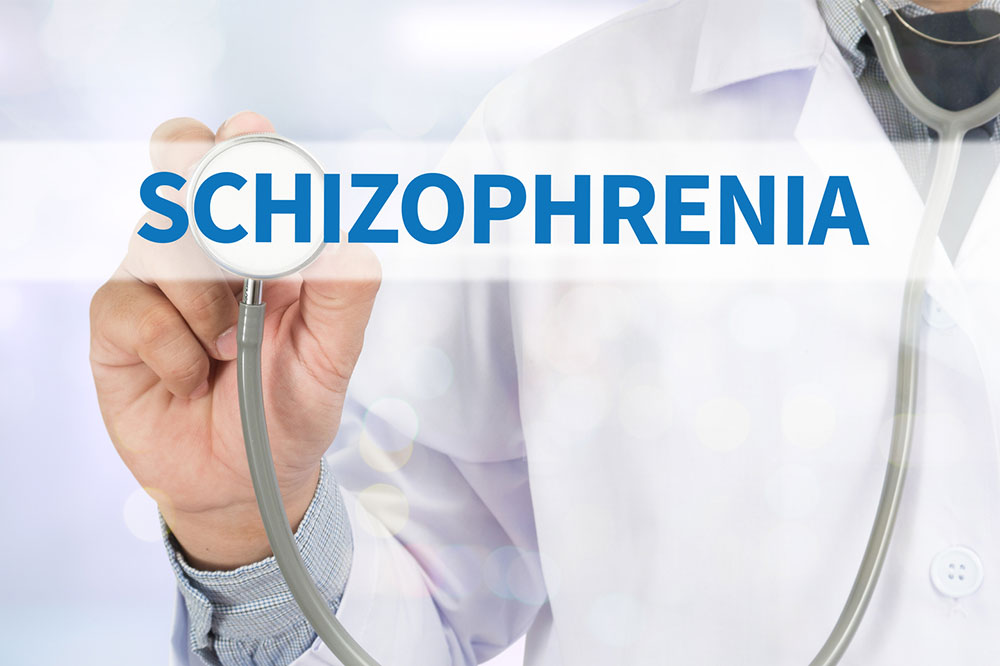Comprehensive Guide to Schizophrenia: Causes, Symptoms, Diagnosis, and Effective Management Strategies
Schizophrenia is a complex mental health disorder characterized by distorted perception of reality. This comprehensive guide explores its causes, symptoms, diagnosis, and effective management strategies. Early detection and a multidisciplinary approach can improve quality of life, helping individuals with schizophrenia lead fulfilling lives. Understanding and compassion from society are vital in reducing stigma and promoting mental well-being for those affected by this challenging condition.

Comprehensive Guide to Schizophrenia: Causes, Symptoms, Diagnosis, and Effective Management Strategies
Schizophrenia is one of the most intricate and challenging mental health disorders that profoundly impacts how individuals perceive reality, think, feel, and behave. While it remains a complex condition with no definitive cure, advances in psychiatric research and treatment have significantly improved the quality of life for many who live with it. Proper understanding, early detection, and comprehensive management are the keys to helping affected individuals lead fulfilling, productive lives embedded in their communities.
It is crucial to dispel common myths surrounding schizophrenia. Contrary to popular misconception, schizophrenia is not a form of multiple personality disorder or split personality. Most individuals diagnosed with schizophrenia are not violent; in fact, they are more likely to be victims of violence rather than perpetrators. The core problem lies in distorted perception and a diminished ability to distinguish between what is real and what is not. This disruption impacts thoughts, emotions, social interactions, and daily functioning.
Knowing the etiology of schizophrenia is essential to understanding its complexities. Scientists believe that the disorder results from a combination of genetic, biochemical, environmental, and developmental factors. Neurochemical imbalances, particularly involving neurotransmitters such as dopamine, glutamate, and serotonin, interfere with normal brain communication. These disturbances can heighten neural sensitivity and cause hallucinations or delusions, which are hallmark symptoms of the disorder.
Furthermore, multiple factors contribute to the onset of schizophrenia, making it a multifaceted condition to diagnose and treat. Genetic susceptibility plays a fundamental role; individuals with a family history of schizophrenia are at higher risk. Stressful life events, emotional trauma, and significant transitions, especially during adolescence—the critical period of brain development—may also trigger symptoms. Additionally, prenatal factors like maternal infections, nutritional deficiencies, or exposure to toxins during pregnancy have been linked to increased risk, indicating that early developmental influences are crucial in the disorder's genesis.
Recognizing early warning signs is vital for timely intervention. Symptoms often manifest as hallucinations—perceiving voices or sights that others do not—delusional beliefs, disorganized thinking, and abnormal speech. Social withdrawal, neglect of personal hygiene, and bizarre, unpredictable behaviors are additional warning signs. Early diagnosis and comprehensive treatment can significantly improve outcomes, emphasizing the importance of awareness among families, educators, healthcare providers, and society at large.
Managing schizophrenia involves a multidisciplinary approach that includes medication, psychotherapy, social support, and lifestyle modifications. Antipsychotic medications remain the cornerstone of treatment, alleviating hallucinations and delusions. Alongside pharmacotherapy, psychotherapy—such as cognitive-behavioral therapy (CBT)—helps individuals develop coping strategies, improve social skills, and challenge distorted thought patterns.
Family therapy and support groups play an essential role in helping individuals navigate daily challenges and reduce stigma. Psychoeducation equips families and patients with knowledge about the disorder, enhancing adherence to treatment plans. Social rehabilitation programs aim to integrate individuals into the workforce and community, fostering independence and self-esteem.
Living with schizophrenia requires ongoing management and support. Advances in neuroimaging and genetic research continue to deepen our understanding of the disorder, opening avenues for more targeted therapies in the future. Despite challenges, countless individuals with schizophrenia thrive, demonstrating resilience and strength. Society’s increasing understanding and acceptance are vital in creating an inclusive environment where affected individuals can flourish and contribute meaningfully.
In conclusion, schizophrenia is a complex, lifelong condition that demands a compassionate, informed approach. Early recognition of symptoms, timely intervention, and comprehensive treatment strategies are crucial for improving prognosis. Brighter futures are possible through continuous research, public education, and unwavering support from families, healthcare professionals, and communities.





